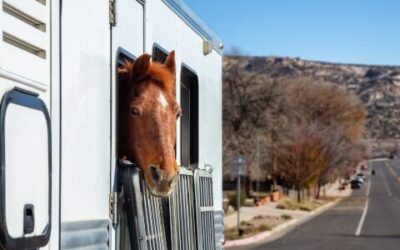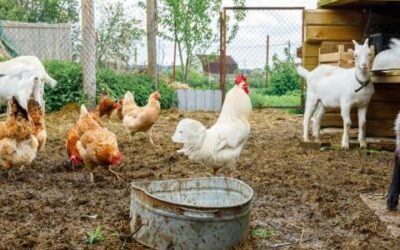
At some point in your equestrian career, no matter how lucky you may be, odds are, you will need to keep a horse on stall rest. While it may seem like a major ordeal, with the right planning, stall rest doesn’t need to be difficult. In this blog post, we explore several ways to make it easier for you and your horse.
Mental Stimulation
To keep your horse’s spirits high and discourage them from developing habits such as cribbing and weaving, you must keep your horse mentally stimulated. The University of Michigan Extension suggests using toys and treats that horses have to work to get. This will provide them with entertainment and keep them using their brains.
Hay You!
Horses were designed to be grazing animals; thus, when they are confined to unnatural conditions, such as stall rest, try to provide as much support as possible. Keeping forage in front of your horse on a consistent basis will help to aid your horse’s digestion. This will also provide your horse with a bit of entertainment during the day. Because your horse isn’t expending much energy, we recommend feeding grass hay, such as all-natural timothy hay.
Stay Together
If your horse is able to see another horse, it will be much more content. If you typically keep your other horses inside, this won’t be a problem. However, if your horses are normally turned out, this may require creative solutions. By rotating which horse stays in with the horse on stall rest, you can keep your patient socialized and other horses on a schedule.
Stay Vigilant
Just because you won’t spend time in the saddle doesn’t mean that you need to stay away from the barn. Grooming your horse allows you to keep an eye on your horse and check for any lumps and bumps that can arise. It also gives your horse a change of scenery and a bit of entertainment! If you’re allowed to hand-walk your horse, try exploring new trails for additional mental stimulation.
Talk to Your Vet
If all else fails, it may be time to consult with your veterinarian. Depending on your horse, the type of injury, and their personality, it may behoove them to be prescribed a mild sedative as a last resort.
We all know that stall rest isn’t really rest at all, but it is a necessary evil for many horses. In order to make it a little less painless, consider our quick tips!




